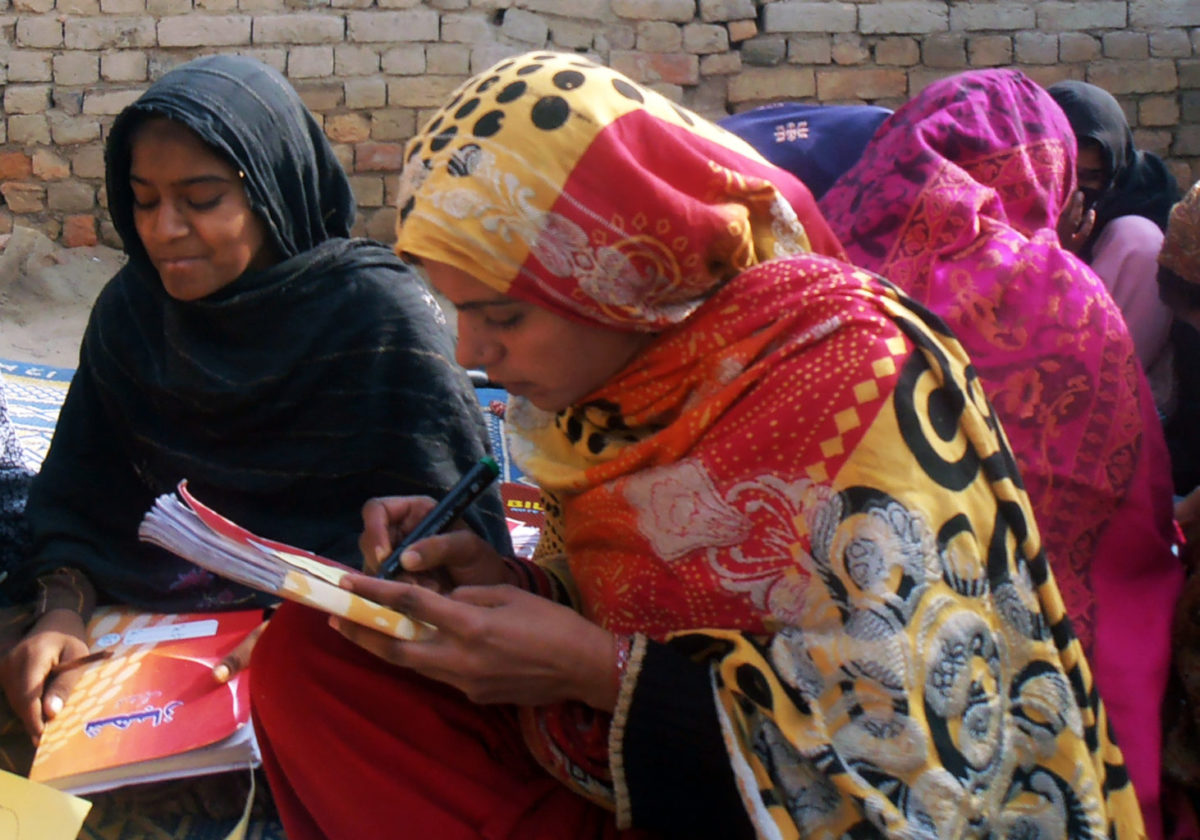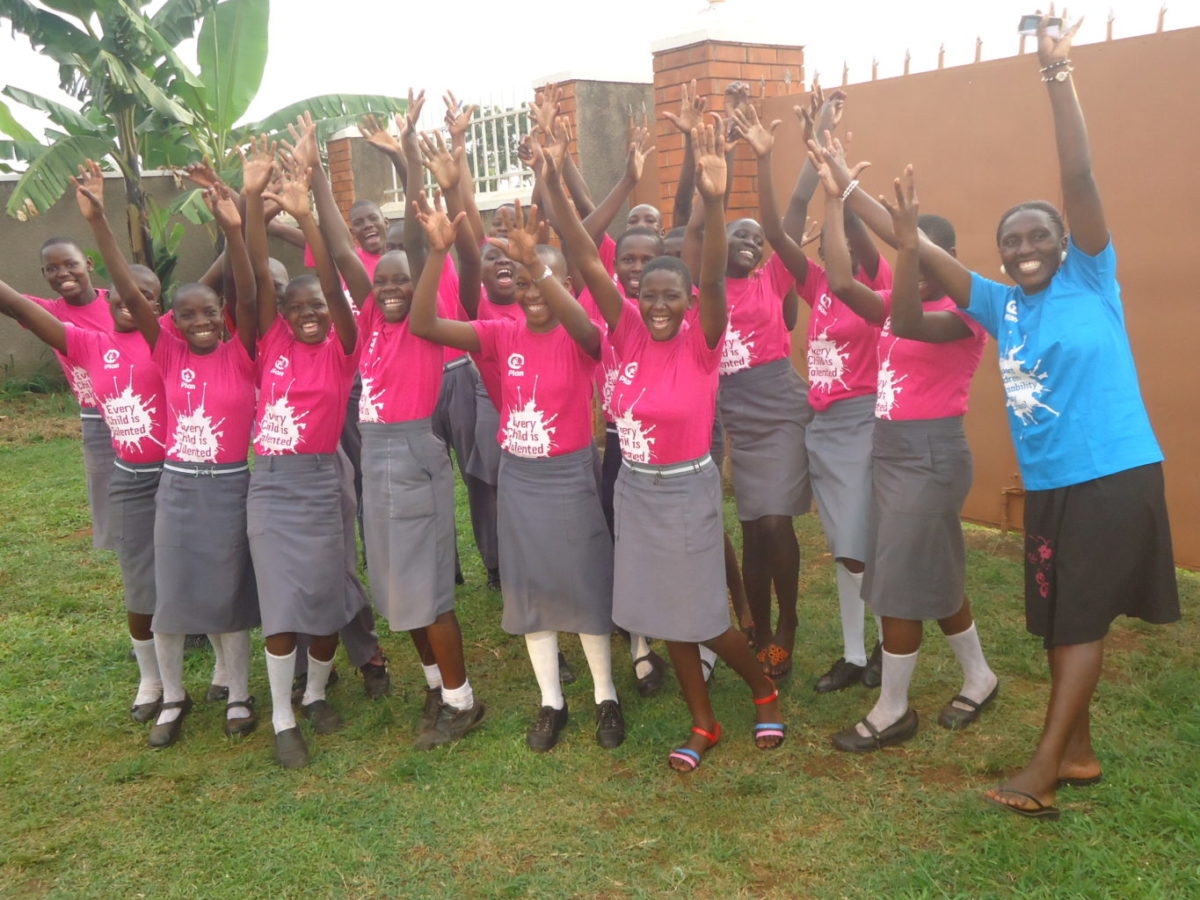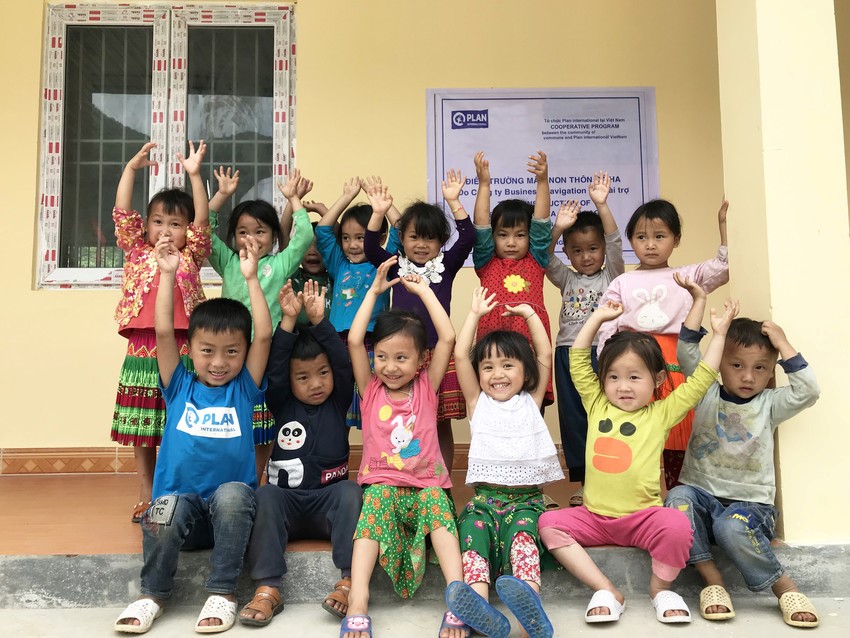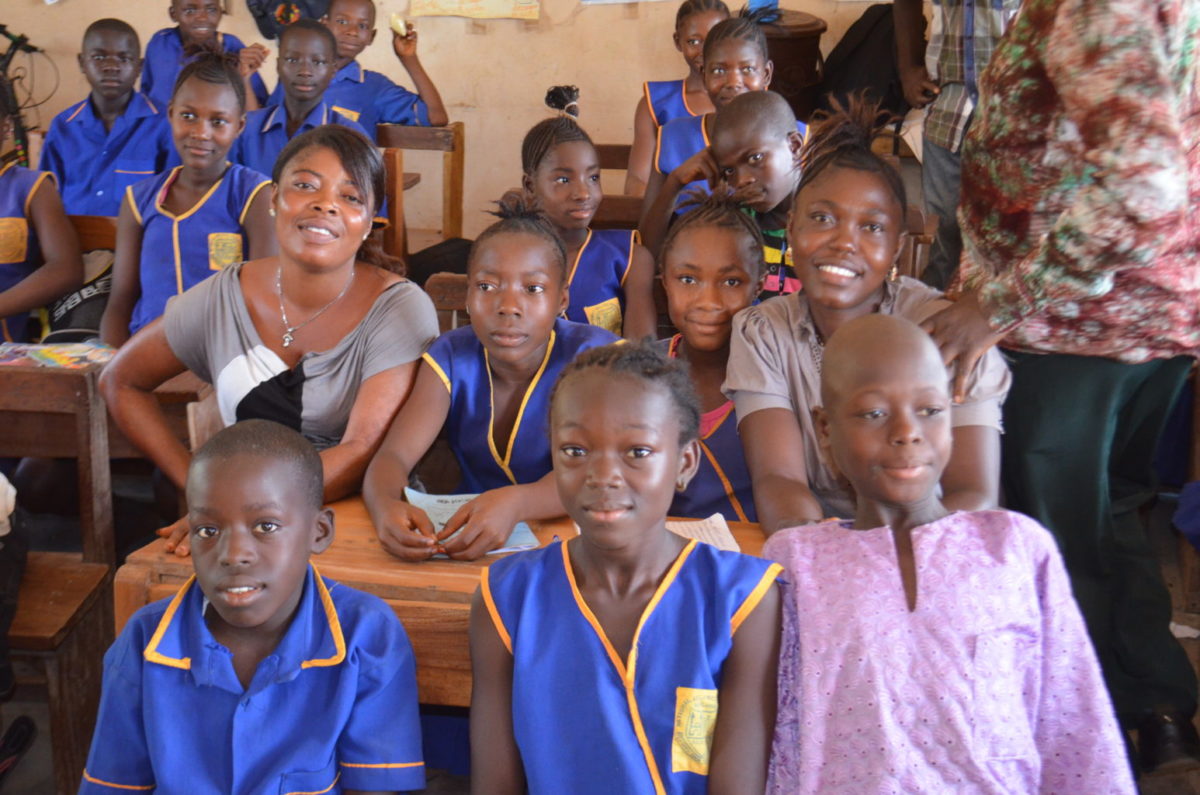
Helping children in Pakistan
In Pakistan, an estimated 25 million children aged 5-16 years aren’t in school. The situation is worse for girls, who only complete around three years of schooling on average. The main reason for girls dropping out is parents’ unwillingness to educate their daughters. Widespread and targeted action is needed to show parents the value of educating their daughters in Pakistan, where 45% of people are living in poverty. More widely, schools need better facilities, teachers and management to ensure all children can make the most of their time in class.
Plan International UK recognises this and is working across two districts of central and northern Pakistan to help ensure that more children – particularly girls – can get an education. Plan aim to reach 49 schools across Muzaffargarh and Islamabad districts with improvements and training to increase enrolment and retention rates. They will also work with the local communities to raise awareness of the importance of sending girls to school.




